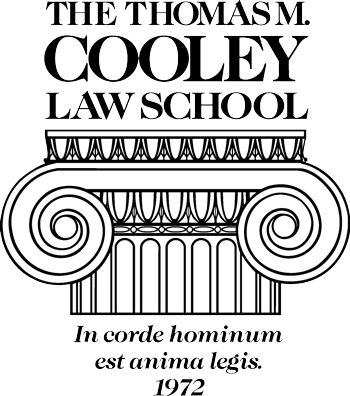Wilmington's Trusted Divorce Attorneys
At Russell Family Law & Litigation, we are here to guide you through legal issues regarding divorce, separation, property division, child custody, and child support. If you need a family law attorney, we provide compassionate and sound counsel to the Wilmington, NC area.
Learn MoreWelcome To Russell Family Law & Litigation
When it comes to family and handling your legal matters, the best course of action you can take is to engage a reliable divorce lawyer who understands your situation. For dependable legal counsel, come visit Russell Family Law & Litigation in Wilmington, NC. You can trust us to protect your rights and always keep your best interests in mind.
Learn More

Did you see our ad in Wrightsville Beach Magazine Feature?
We are so proud and honored that Wrightsville Beach Magazine showcased our ad in this months addition!
Thank you to everyone who made this possible!
Is it time to get some help?
Timely Legal Counsel
We believe that everybody has the right to get the best legal representation they deserve. With this in mind, we have designed our legal services to not only be outstanding, but also as accessible to residents of the Wilmington area. Learn More about our amazing team.
Serving Wilmington
Russell Family Law & Litigation is devoted to their clients and deliver more than is required from a family law firm. They are driven to defend your case while utilizing the latest technologies available to the modern law office. This means getting things done as efficiently as possible so that your needs are resolved.
A Foundation of Trust
For us, building strong attorney-client relationships is important because it helps us learn more about your needs. We understand how hard it can be to face legal concerns. Trust that we will help you through the entire process from start to finish.
Articles













